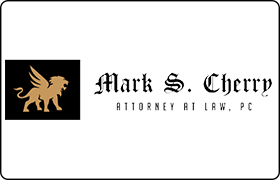Magnolia Reorganization Lawyer, New Jersey, page 3
Sponsored Law Firm
-
 x
x

Click For More Info:
-
Mark Cherry Law
385 Kings Highway North Suite 101 Cherry Hill, NJ 08034» view mapBankruptcy & Debt Where Every Client Matters
We want our clients to be confident and secure knowing we are a law firm ready to take on the fight and challenge with them.
800-824-6431
Not enough matches for Magnolia Reorganization lawyer.
Below are all Magnolia Bankruptcy & Debt lawyers.
Daniel McCormack
Real Estate, Copyright, Medicare & Medicaid, Estate, Bankruptcy & Debt
Status: In Good Standing
Ashely Michelle Chan
Insurance, Credit & Debt, Bankruptcy
Status: In Good Standing Licensed: 28 Years
Steven J. Schatz
Litigation, Consumer Protection, Collection, Personal Injury
Status: In Good Standing Licensed: 25 Years
 Mark Cherry Cherry Hill, NJ
Mark Cherry Cherry Hill, NJ AboutMark Cherry Law
AboutMark Cherry Law Practice AreasSpecializations
Practice AreasSpecializations